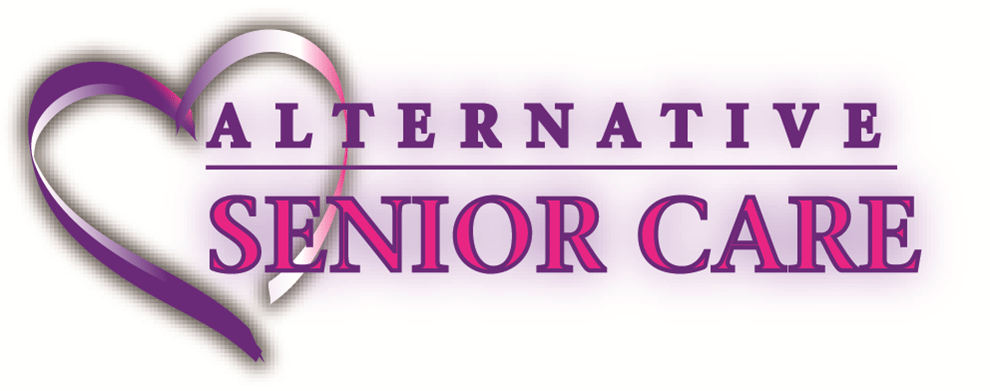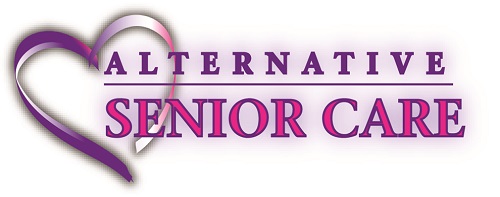Mental Health Month: 7 Facts Caregivers Need to Know

Caregivers in Osakis MN: Mental Health Month: 7 Facts Caregivers Need to Know
Being a family caregiver isn’t easy, but adult children that devote a lot of time and energy to their aging parents have a lot to manage. From taking care of things around the house and prepping meals to providing transportation, adult children spend a lot of time looking out for their elderly parent’s physical well-being. However, it’s easy to overlook an elderly parent’s psychological health and their emotional condition because the physical care is often so demanding.
May is Mental Health Month, and it is the ideal time for family caregivers to assess their aging loved one’s mental health needs and whether they are being met. Whether they are familiar with mental health care or not, many seniors hesitate to speak up about what they may be thinking and feeling. The social stigma surrounding mental illness has only lessened in the last decade or so, which means that many seniors have a negative outlook on what that might mean for them.
As a devoted caregiver, adult children cannot overlook the importance of mental health in seniors as a big part of their overall health and wellness. Here are 7 facts provided by the American Psychological Association about elderly mental health that caregivers need to know.
- Research shows that more than 20% of seniors that are 65 years old and over are struggling with some kind of mental disorder.
- Seniors are less likely to receive treatment for mental health issues when compared to young adults and middle aged people.
- Many seniors are unable or unwilling to access mental health care due to insurance issues, lack of resources like transportation, societal stigma surrounding treatment and simple refusal to admit there might be a problem.
- Studies show that nearly 1 in 5 seniors suffer from depression, but it is often missed or misdiagnosed as other conditions related to aging.
- For many elderly adults a major life change or stressful event, like retirement, loss of a loved one or developing a chronic illness, can all be a trigger for depression.
- Depression in seniors can lead to physical problems ranging from lowered immunity and more severe chronic conditions to self-harm and even suicide.
- When it comes to mental health issues, the research shows that psychotherapy and sometimes medication is effective in treating seniors.
The facts are that aging loved ones can develop mental health issues, even if they haven’t done so before. Symptoms might be overlooked or judged to be something other than what they are—a serious psychological affliction that needs professional treatment. Now is the time for caregivers to seriously assess whether or no their elderly loved one might benefit from mental health treatments.
Adult children want their aging parents to to be as physically and mentally healthy as they can be, and work hard to provide for them. Aging loved ones will thrive when their emotional and psychological needs are addressed in a loving and non-judgmental way.
Source:
http://www.apa.org/about/gr/issues/aging/mental-health.aspx
If you or an aging loved-one are considering in-home caregivers in Osakis, MN, please contact the caring staff at Alternative Senior Care today. Providing Home Care in Central Minnesota and Surrounding Communities. Call us Today (320) 352-3350.
- Meet two of the ladies who are really making a difference:Faith and Hannah - May 28, 2025
- Helping Seniors Manage Tinnitus - May 21, 2025
- Why Are ADLs and IADLs Significant for Seniors? - May 8, 2025


